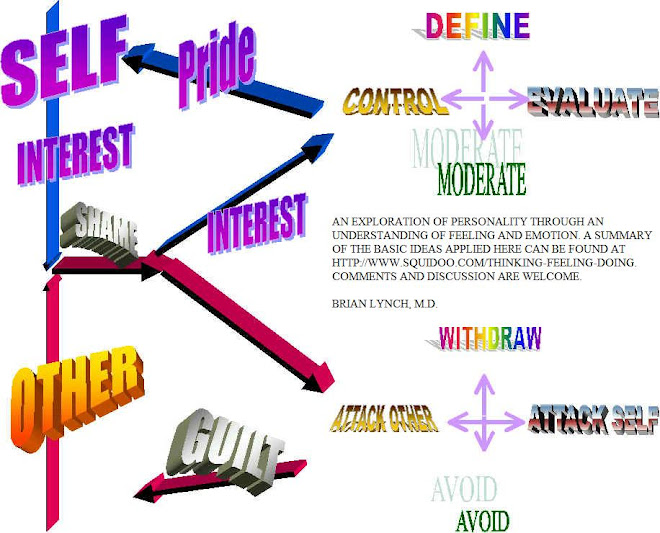”Sometimes it’s wrong to be right.”
This title comes from a colleague’s essay on the same material.
The idea is that when we are in important relationships things can get heated.
These columns are about how emotion and our reason should work together.
Working together implies that maybe at one moment, one should guide the other and it is not always reason that should rule (it does in the end).
The situation is simple: you are in a heated discussion with your spouse and you know you have “the facts” on your side. You know you are absolutely “right.” The question is, is it always the “right” thing to do to push your point?
This can be true in the workplace and organizations. The more “smart” we are at identifying emotional landmines the more we will recognize these situations.
Someone once told me that “you cannot force a deal.” So true. These are words of wisdom I apply a lot. Ramming something down someone’s throat is not productive and usually comes back to hunt us. On the other hand is it not always clear what to do. Facts are important. Situations are complicated and sometimes immediately dangerous and action has to be taken.
But often, time is on our side and if we see the person is “resistant” then what does it serve us to “push” the point? Nothing is gained. The person is telling us that they are simply not emotionally ready to handle the information. If we are a good observer of emotion in others we will pick up on this. We will “go with the flow.” We will not be quick to anger or be so shamed by the nonresponse. These are the most difficult of situations. It reminds me once again that the most powerful word in any language is “no.” How do we respond to any “negative” action?
Of course, each situation is nuanced and unique. The point here is we have to be satisfied most of the time with just having done our best. We tried. Knowing when to stop and not make matters worse is just as important.
Sometimes we have to leave a relationship, job, or organization.
Of course, this is all being “diplomatic” but “diplomatic” is a word like so many that can hide so much other feeling. That, of course, is the point, not to recognize feeling and “smooth” it over when we are “diplomatic.” That is a different kind of response than I am proposing in the face of being “wrong when you are right.” Being diplomatic leaves open the possibility of deception and manipulation. That is not what this is about, it is rather about empathy. It is about understanding the other’s needs as well as your own. Not only solving your problem, but “the problem” of appreciating everyone’s emotional stake.
Brian Lynch
Copyright 2010


















